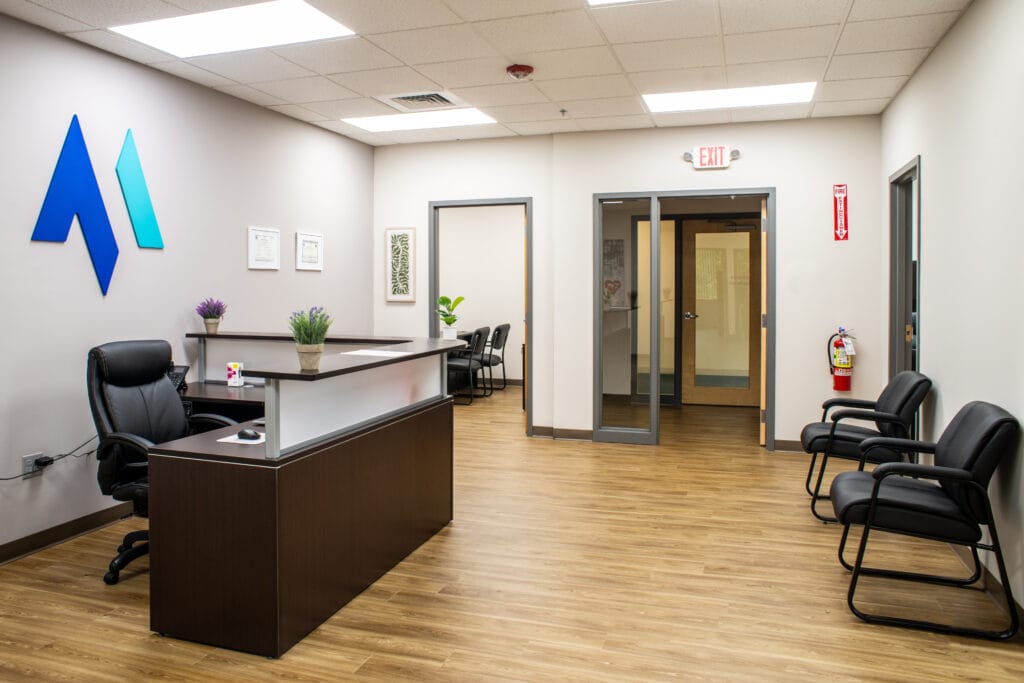In recent years, the importance of mental health has taken center stage in conversations about wellness and overall health. As awareness grows, so does the recognition of the value that professional support can provide. Among the most effective resources available for those struggling with mental health issues are behavioral health facilities. These centers offer structured, professional, and compassionate care designed to address a wide range of psychological and emotional challenges. This blog explores how behavioral health facilities work and how they can significantly improve your mental health.

A behavioral health facility is a specialized healthcare center focused on diagnosing, treating, and managing mental health conditions and behavioral disorders. These facilities often treat conditions such as depression, anxiety, post-traumatic stress disorder (PTSD), bipolar disorder, substance use disorders, and co-occurring conditions. They may operate on an inpatient, outpatient, or residential basis, offering various levels of care depending on individual needs.
Behavioral health facilities combine clinical therapies with holistic, personalized approaches, ensuring that treatment plans are not only evidence-based but also tailored to the person’s unique circumstances.
One of the primary advantages of a behavioral health facility is the structured and secure setting it provides. This environment is designed to remove everyday stressors, triggers, and distractions, allowing individuals to focus solely on their recovery. Whether it’s a residential or partial hospitalization program, the routine and support of these settings create a foundation for healing.
Often, mental health issues go undiagnosed or misdiagnosed. At a behavioral health facility, patients undergo comprehensive assessments conducted by trained professionals, including psychiatrists, psychologists, and licensed therapists. These evaluations consider medical history, psychological symptoms, environmental factors, and lifestyle habits to arrive at an accurate diagnosis.
Proper diagnosis is crucial because it guides the development of an effective treatment plan. For example, distinguishing between major depressive disorder and bipolar disorder can significantly influence medication and therapy approaches.
Behavioral health facilities utilize a variety of evidence-based therapies that have been scientifically proven to help improve mental health outcomes. These include:
Many behavioral health centers incorporate holistic therapies that treat the mind, body, and spirit. These might include:
By addressing all aspects of a person’s life, these integrative treatments support long-term mental health and overall wellness.
No two people experience mental health challenges in the same way. Behavioral health facilities understand this and create personalized treatment plans based on each patient’s history, symptoms, goals, and preferences. These individualized plans enhance engagement and adherence, which significantly increases the likelihood of recovery.
The professionals working at behavioral health facilities play a crucial role in the healing journey. These include:
This multidisciplinary team approach ensures that patients receive well-rounded support throughout every phase of their recovery.
It is common for mental health disorders and substance use disorders to co-occur. Behavioral health facilities are equipped to treat dual diagnoses through integrated care plans. This ensures that both mental health and addiction issues are addressed simultaneously, improving outcomes and reducing the risk of relapse.
Behavioral health treatment isn’t just about short-term symptom relief—it’s about building a life worth living. Facilities teach essential life skills, such as:
Many facilities also offer aftercare or alumni programs to maintain connection and accountability after discharge. These can include ongoing therapy, support groups, and check-ins to ensure continued progress and prevent setbacks.
Beyond treating symptoms, behavioral health facilities aim to empower individuals. Through education, therapy, and skill-building, patients gain insight into their conditions and take an active role in managing their mental health. This sense of ownership and empowerment is essential for sustainable recovery and improved quality of life.
You might consider seeking help from a behavioral health facility if:

Improving mental health is a deeply personal and ongoing journey, but you don’t have to walk it alone. Behavioral health facilities offer a transformative opportunity for healing by providing expert care, a supportive environment, and practical tools to build a fulfilling life. Whether you're facing a specific mental health diagnosis or navigating complex emotional challenges, the compassionate care found in these facilities can make a meaningful difference.
Investing in your mental health is one of the most powerful steps you can take toward overall well-being. And for many, a behavioral health facility serves as the catalyst for lasting change, resilience, and recovery.
If you or a loved one is looking for support, call us today at 844-909-2560, or email us at info@metaaddictiontreatment.com. You can also visit any one of our three locations, which are open 24/7:
Don't wait to get help. Start a journey towards happiness today.